Looking for ideas for the integrated homestead
Maggie_J
20 years ago
Related Stories
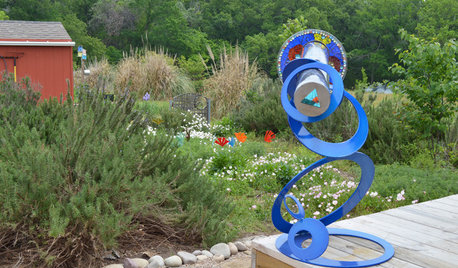
HOUZZ TOURSMy Houzz: A Handcrafted Bohemian Homestead in Texas
Overflowing with art and intertwined with gardens, this pieced-together home is a marvel of creativity
Full Story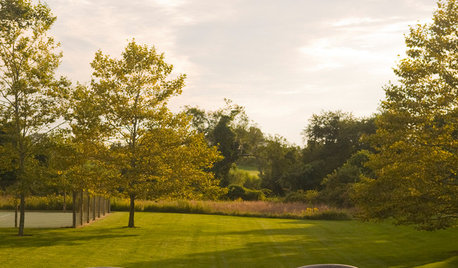
LANDSCAPE DESIGNHouse, Meet Landscape: How Integrated Gardens Came to Be
Trace the roots of union between home and the great wild to get ideas for merging the two on your own homesite
Full Story
GARDENING AND LANDSCAPING8 Ways to Beautifully Integrate an Outdoor Hot Tub
Harmonize your hot tub with your landscape for good looks and great relaxation
Full Story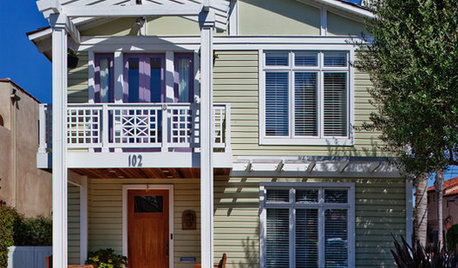
ADDITIONSParents' Places: Ideas for Integrating an In-Law Suite
Get expert advice and inspiration for adding a comfy extra living space to your home
Full Story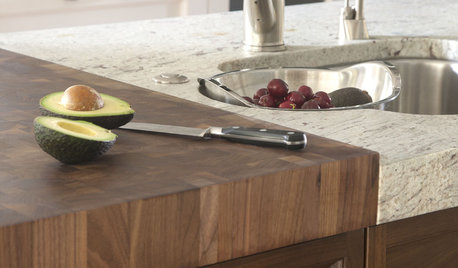
KITCHEN DESIGNKitchen Counters: Try an Integrated Cutting Board for Easy Food Prep
Keep knife marks in their place and make dicing and slicing more convenient with an integrated butcher block or cutting board
Full Story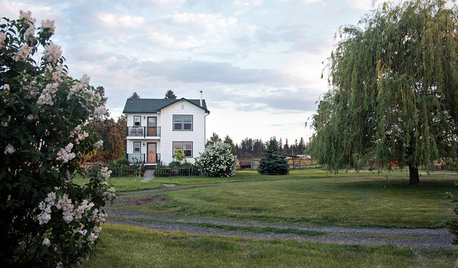
HOUZZ TOURSMy Houzz: Northwest Couple Make a Rural Homestead Their Own
Country life agrees with these first-time homeowners, who have decorated their farmhouse in a rustic, low-key style
Full Story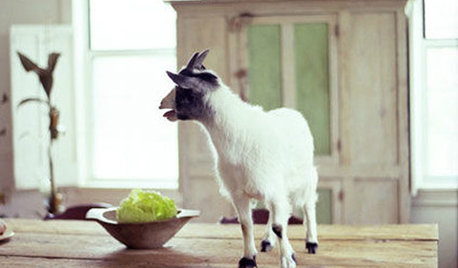
LIFEEasy Green: Modern Homesteaders Stake a Claim
With more options for raising chickens, growing edibles and keeping bees than ever, suburban and city folk are rediscovering a lost art
Full Story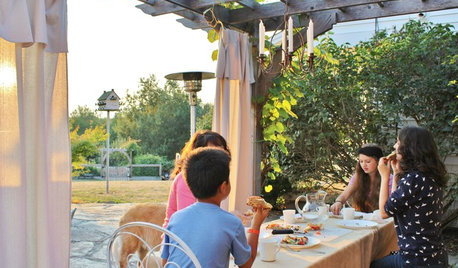
HOUZZ TOURSMy Houzz: A Modern-Day Homestead Brings a Family Together
Their 5-acre Washington property, with sports court, swings, pizza oven and gardens, is a labor of love and communal playspace
Full Story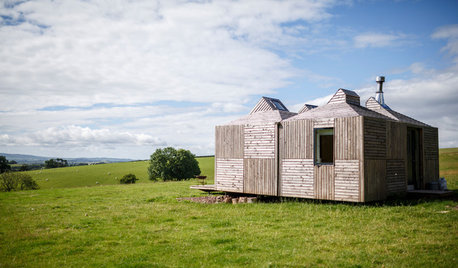
VACATION HOMESHouzz Tour: Scottish Farm Cottage Looks to Sun and Stars
A sheep field is home to a small, energy-efficient house that pulls ideas from mobile home design and raises the style level
Full Story





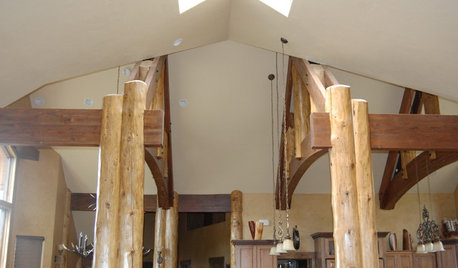
EarthAngel
rindalin
Related Professionals
Middle River Landscape Architects & Landscape Designers · Palm Springs Landscape Architects & Landscape Designers · Rossville Landscape Architects & Landscape Designers · Waunakee Landscape Architects & Landscape Designers · Canton Landscape Contractors · Wakefield Landscape Contractors · Damascus Landscape Contractors · Eustis Landscape Contractors · Gloucester Landscape Contractors · Marlborough Landscape Contractors · Pompano Beach Landscape Contractors · Hueytown Landscape Contractors · Lombard Siding & Exteriors · Poway Siding & Exteriors · Springfield Siding & Exteriorsfood_4_me
jackal411
Maggie_JOriginal Author
kayva
josie_z6b
smittyct6
clarysage1717
mid_tn_mama
goatgal
sheilaliehs
Maggie_JOriginal Author
babanna
frecklejuice
madspinner
madspinner
Pudgy
Maggie_JOriginal Author
lamb_abbey_orchards